Adaptogens are equally as trendy as they are controversial. The rising stars of the wellness industry (thanks to brilliant marketing or perhaps a good tug on our insecurities or the compulsive attempts to improve ourselves), they’ve become the victim of their hype and are often misunderstood. Because they are said to alleviate one of the most vastly shared diseases of this generation — stress — they are expected to perform like fairy dust and wipe away any sign of anxiety, hormonal imbalance, and chronic fatigue in the blink of an eye, which simply isn’t fair. There are many powerful herbs widely available and adaptogens happen to be amongst the most famous. But as with any herb, finding the right fit can be challenging to say the least. If adaptogens confuse you, know this: you are not alone. We are here to set the record straight and shed some light on what they actually are and whether or not they are worth introducing to your routine.
So, what exactly is an adaptogen? In layman’s terms, an adaptogen is a type of herb that, allegedly, helps to regulate many kinds of stressors and has a normalizing influence on the body. In other words: an adaptogen helps the body cope with physical and mental stress by helping it to, you’ve guessed it, adapt. The term was coined pretty recently by Soviet toxicologist N. V. Lazarev, but in reality these herbs and roots have been used for centuries in Chinese and Ayurvedic traditions. Though a lot more research is needed to fully comprehend and validate the claims that currently surround adaptogenic herbs, they are believed to work by increasing the body’s threshold of resistance to damage by actively supporting the adrenal glands, therefore meddling with our stress mediators including, but not limited to dear old cortisol, our very own built-in alarm system responsible for our fight-or-flight response. If it sounds complicated, it’s because it is, and let us repeat one more time: to this day, studies haven’t been able to back those claims, though researchers (and the wellness industry alike) are holding their breath after getting some promising results with the two most widely studied adaptogens, namely calming ashwagandha and energizing rhodiola.
The main issue with adaptogens is that their action is non-specific, as they have a broad general effect on the body that is difficult to predict and that doesn’t allow to target specific concerns the way other plants can. That being said, there is no such thing as a completely undeserved hype and one of the reasons why they became so popular is that they do happen to work for many people. The most important point to keep in mind is that there is no one-size-fits-all magical cure and betting on one ingredient or product to heal our bodies without taking a holistic and inclusive approach to our health is as dangerous as it is naive. Furthermore, plants – adaptogenic or not – are powerful and venturing blindly in their realm on our own is never a good idea, especially since there can be many interactions between medication and herbal supplements.
Our first and most important advice then, will always be to ensure you are supervised by a medical doctor. For those exploring the possibility of treating a chronic condition with the help of adaptogens, working with a herbalist or a naturopath it the safest and most effective way to go, since they will be able to provide a specific herb and dosage for your needs. Alternatively, since adaptogens are widely considered to be low-risk, you may also turn to one of the many products currently available on the market that offer a blend of herbs in their already made formulas. Looking for organically and sustainably grown ingredients is of paramount importance and brands like Moon Juice, the label vastly responsible for today’s adaptogenic craze, Sun Potion, and Herb Pharm do stand out from the crowd by offering reliable products. Topping our list is Herbalist and Holistic Health Practitioner Rachelle Robinett‘s HRBLS, some adorable herbal remedy gummies that look as good as their impressively well-curated ingredient list, which includes the adaptogenic superstar ashwagandha. Finally, bear in mind that adaptogens will not deliver a quick fix, they are meant to be taken regularly, as they tend to work over time.
All in all, while the jury is still out regarding adaptogenic herbs’ real effects on the body, the experiences of many have shown that they are definitely worth investigating, especially for those willing to move away from pharmaceuticals. While they are not essential to a routine, the very fact they brought the attention back to herbs and are encouraging the world to reconsider reaching for natural substances over traditional drugs — though those, too, have their role to play — speaks volumes. For that alone, adaptogens absolutely deserve their place under the spotlight. If you’re in the market for a few great options, you can shop a few of our recommended favorites, below.
Explore Adaptogens
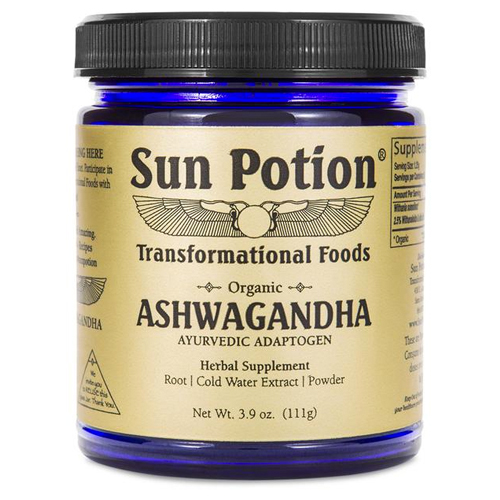
Ashwagandha
$43, Sun Potion
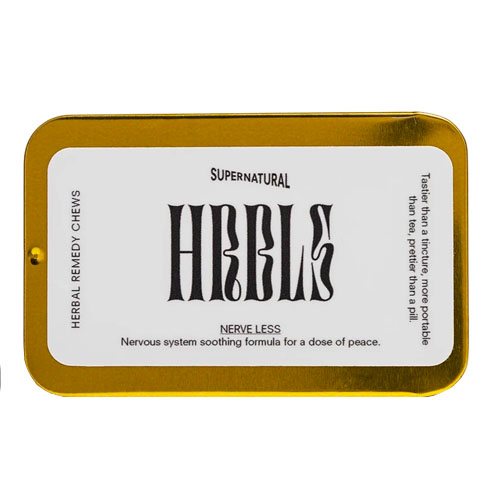
HRBLS Nerve Less
$30, Supernatural
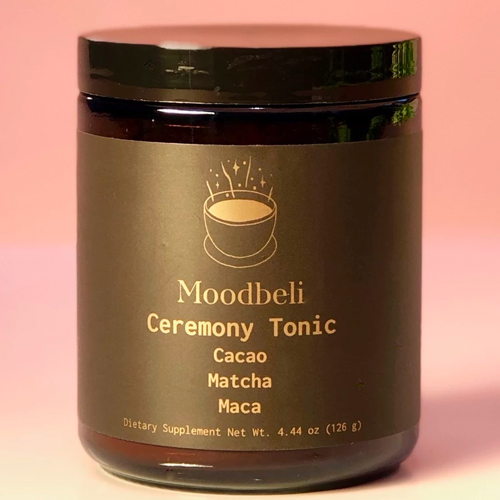
Ceremony Tonic
$35, Moodbeli
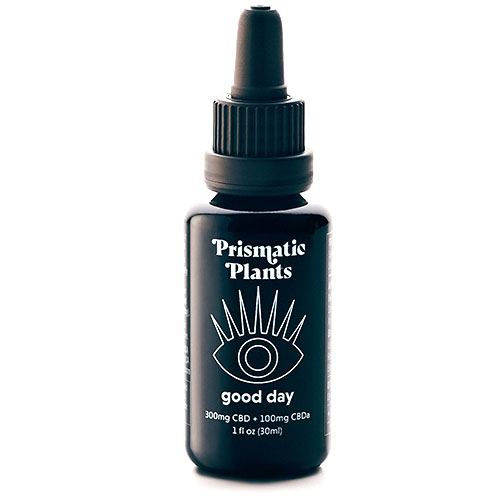
Good Day
$70, Prismatic Plants

Cordyceps Active Adaptogen
$65, Sun Potion
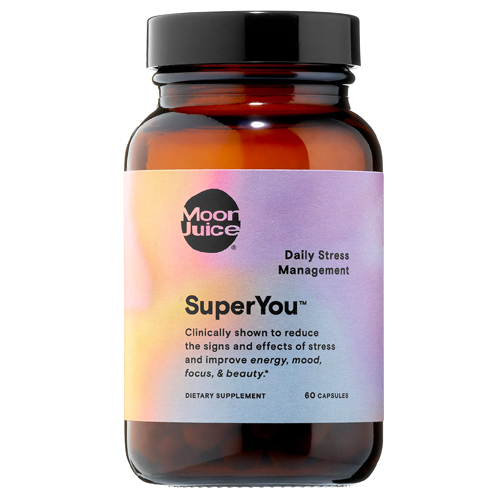
SuperYou Daily Stress Management
$49, Moon Juice
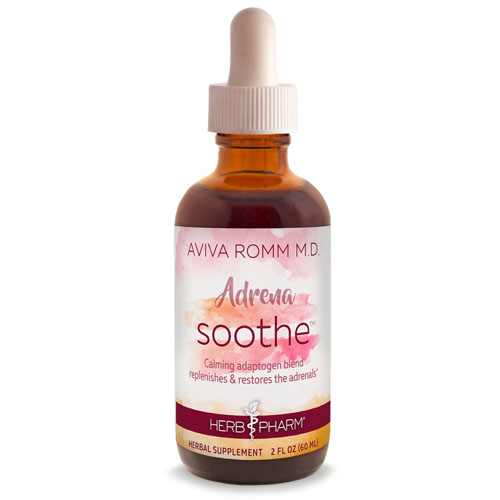
Adrena Soothe
$28, Herb Pharm
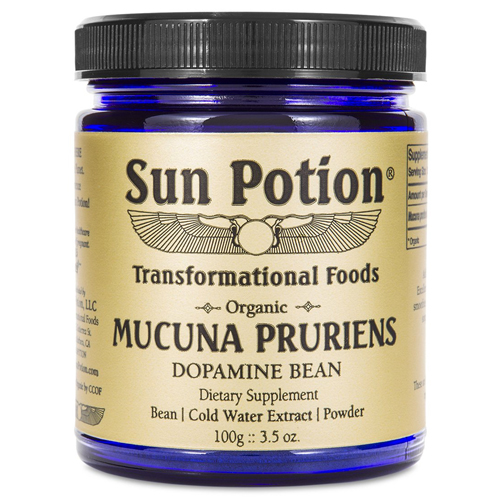
Macuna Pruriens
$43, Sun Potion
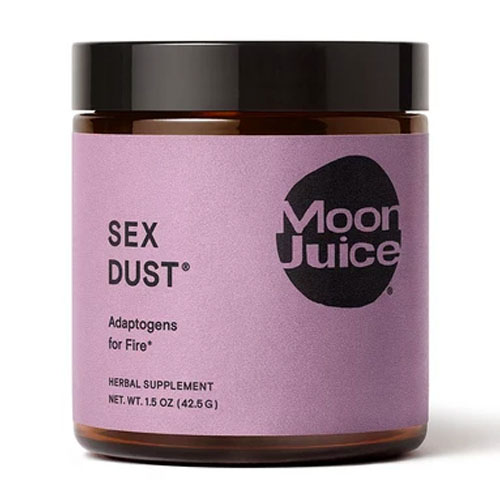
Sex Dust
$38, Moon Juice
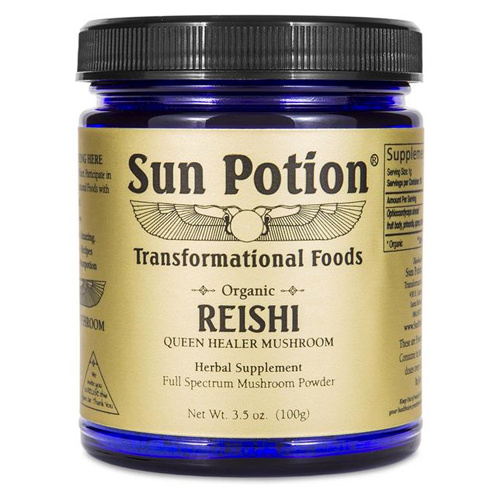
Reishi Mushroom Powder
$53, Sun Potion
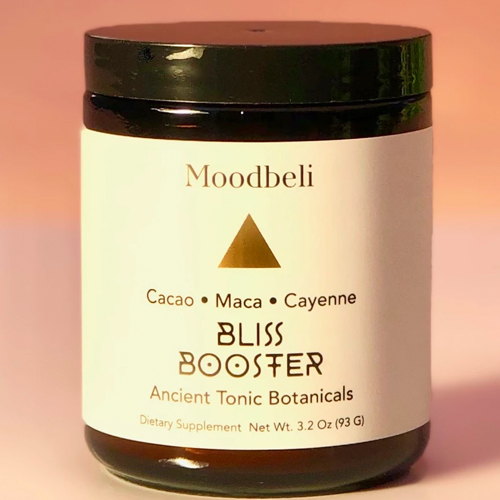
Bliss Booster
$33, Moodbeli
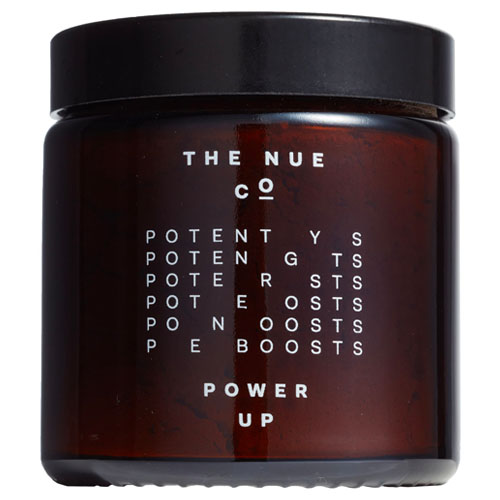
Power Up
$40, The Nue Co














Tracy
September 19, 2019 at 7:57 amI purchased both sex dust and super you from Moon Juice and it wrecked my stomach. I had to stop taking them both for fear I was going to become violently ill at my desk at work.
People really love adaptogens and swear by them but my body straight up rejected them. I’m going to bring them to my next doctors appointment and she was my practitioner says . I’m hoping I can use them they weren’t cheap.